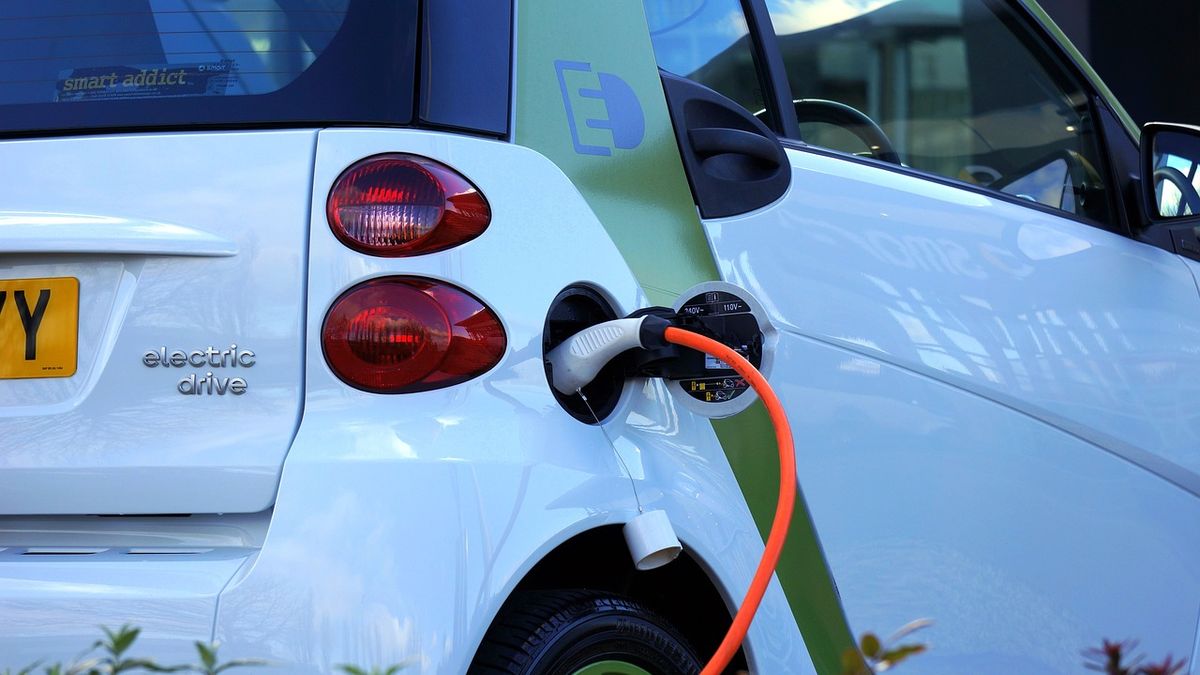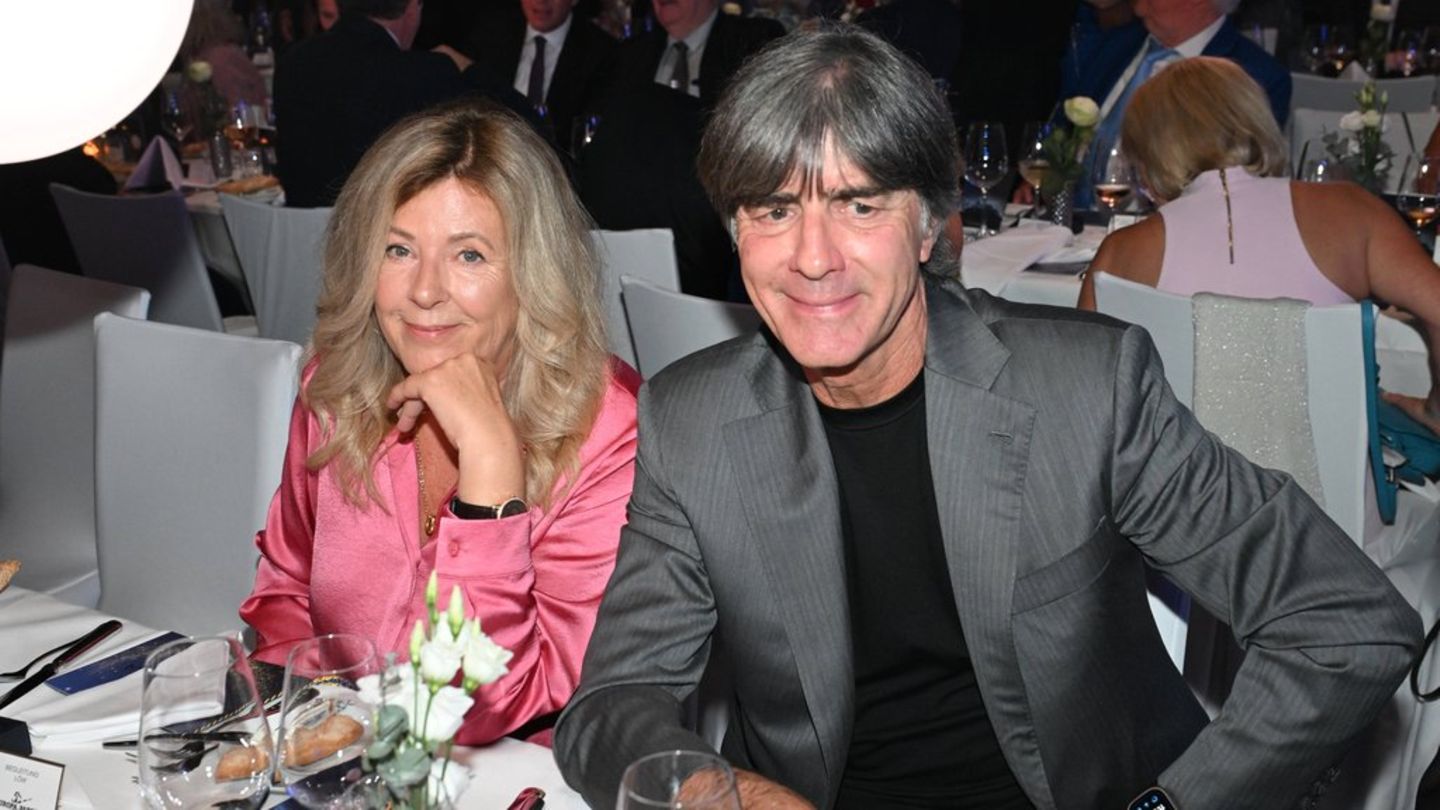(EFE Agency).- The continuation of import subsidies for electric cars divides the automotive sector in Brazil, between those who advocate eliminating them to boost local manufacturing and those who advocate maintaining them to expand sales.
Since 2015, Brazil has applied a zero tariff for the import of electric vehicles and parts, and offers discounts on other taxes, which has contributed to making the country the largest market in Latin America, with a fleet of 126,504 electric and hybrid vehicles, of which of which 40% were enrolled in 2022.
The subsidies, which have managed to lower the cost of imports by 35%, have meant that Brazil has stopped collecting 3,600 million dollars since the rule came into force, according to a study by the consulting firm Bright Consulting.
DIVIDED AUTOMOTIVE SECTOR
The National Association of Motor Vehicle Manufacturers (Anfavea) is preparing a proposal that it will present to the Government to try to end the subsidies, which in the words of the president of the employers’ association, Márcio Leite, “will never make local production viable.”
“If the volume remains low, that’s fine. But if the rule remains open, China can place vehicles that are sold for $5,000 on the Brazilian market,” Leite warned at a recent press conference.
That value is cheaper than the price of any gas-powered utility and is four times less than the selling price of popular electrics.
On the contrary, some voices in the sector defend the need for subsidies to bring the cost of these vehicles closer to that of other more affordable and “green” options, such as those that use ethanol, a vegetable fuel used in Brazil for decades.
“The electric car does not make sense if compared to a car that can run on 100% ethanol. Not to mention that it is much more expensive for the middle class,” Carlos Tavares, the president of the Stellantis group, which groups various brands, recently said. such as the Italian Fiat, the American Chrysler and the French Peugeot.
The president of General Motors South America, Santiago Chamorro, for example, defended last month during an event in Sao Paulo the tax exemption as an incentive for local production.
Brazil has “a favorable scenario, a wealth of minerals for batteries, an established industrial park and a clean energy matrix”, conditions to become a “producing and exporting pole” of the segment, the Colombian executive said.
The Brazilian Association of the Electric Vehicle (ABVE) defends not only the reduction of taxes, but the need to “expand” the “public policies” to favor the sector, the president of this association, Alberto Maluf, told EFE.
Among other measures, he cited the example of the law approved in the paradisiacal archipelago of Fernando de Noronha that prohibits the entry of vehicles powered by fossil combustion starting this year and that determined that by 2030 the entire fleet will be electric.
A GROWING MARKET
Thanks in part to incentives, the market is expanding rapidly. In 2022, 49,245 electric and hybrid vehicles of 114 models were sold in Brazil, 41% more than in 2021, with a 2% share of the total market, according to ABVE data.
The employer expects that the participation of electric and hybrid vehicles will reach 5% of the total number of motor vehicles sold in Brazil in 2023.
In parallel, in 2022 the size of the vehicle charging network tripled, which now totals 3,000 public points, according to ABVE.
To keep up with the appetite of the market, the traditional assemblers “are preparing for the immediate production of electric vehicles between 2023 and 2024,” according to the Anfavea owner.
At the moment, the main electrical factories are in the hands of the Chinese companies BYD and Chery, as well as the Japanese Toyota.
To these, several projects will be added, including the Chinese Great Wall, which already has a wide sales network and announced investments of 2,000 million dollars, until 2032, to produce electric vehicles in the old Mercedes plant in Iracemápolis ( São Paulo).
Likewise, BYD and the Brazilian Moura have battery plants and there are projects in the implementation phase of the Brazilian Hitech and WEG, the American BorgWarner and the Argentine Bravo Motor Company.
Maluf, also director of Sustainability for BYD in Brazil, considered that the “leadership” of the Asian manufacturers “accelerated the market” and has led other companies to have “defined plans” to be able to compete.
Source: Ambito




